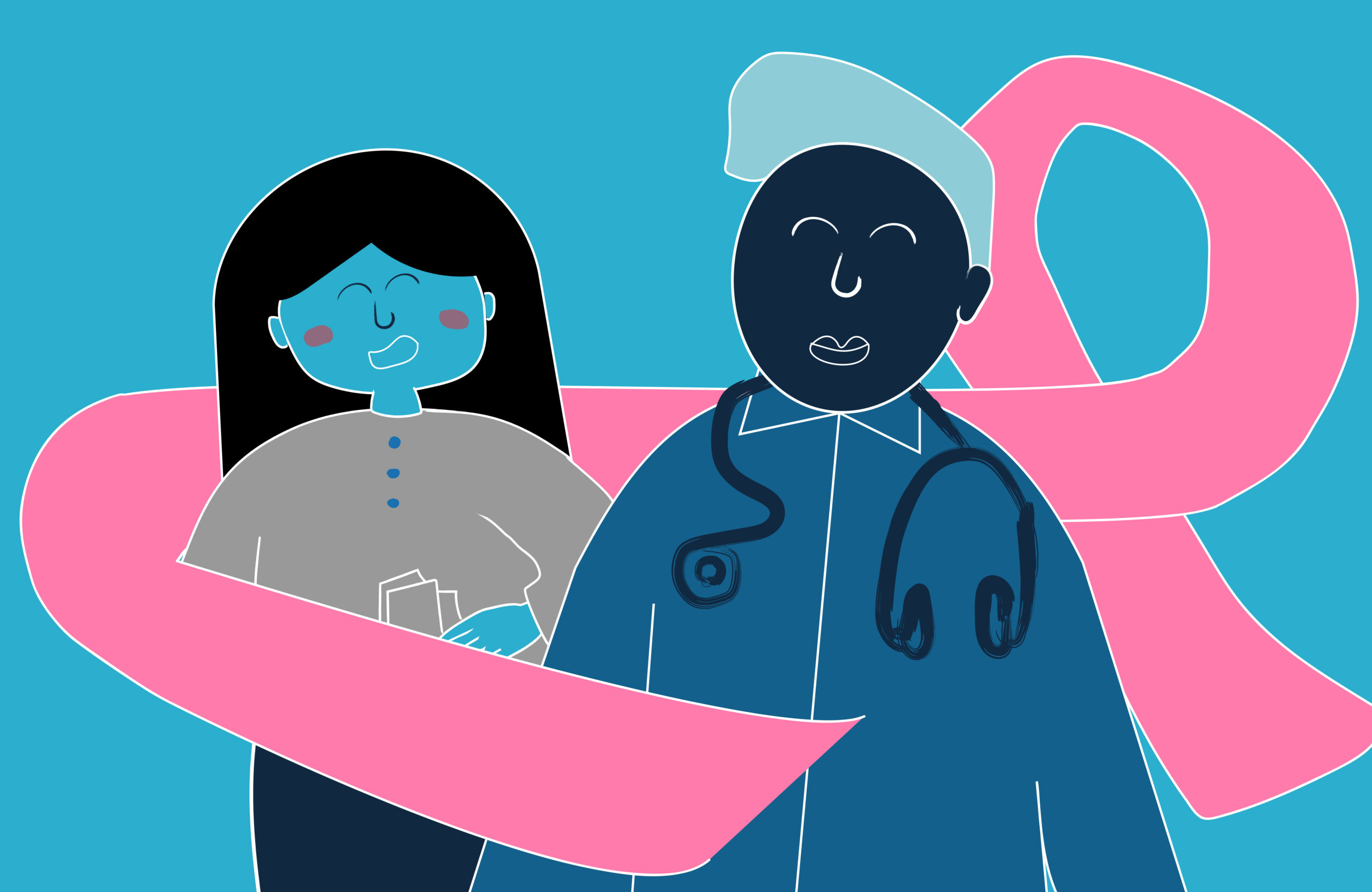My mother was recently diagnosed with breast cancer for the second time in her life. Experienced with the cancer treatment process, she thought she knew what to expect. She elected to pursue reconstructive surgery following a double mastectomy and chemotherapy, based on prior knowledge and conversations with her medical team. And yet, when it was too late to back out following the mastectomy, she learned that her reconstructive surgery would require tissue removal from her abdomen. A shocking bit of news, to say the least.
Cancer Patients Deserve all the Facts
This late discovery made my mother feel misguided and betrayed by her doctor. Determined to make an informed decision, she presumed she was fully briefed on all of her options, along with risks and benefits. Surprisingly, my mother’s surgeon did not disclose important information as she was making critical decisions. Would my mother have opted for breast reconstruction if she knew it involved risky abdominal surgery? Maybe not.
Processing Course of Treatment Options is Overwhelming
Healthcare providers are trusted to lay out all the information a patient with cancer needs to make a medical decision that isn’t always black and white. Empowered decision-making requires that patients have the facts –and understand them completely. When someone is diagnosed with cancer, oncologists usually talk with their patient about disease type, treatment options and timeline, and recommended resources –usually offering to answer questions. For some patients, a conversation is the best way to process a complicated health diagnosis. But in my mother’s case, the verbal prognosis proved inadequate. And she was overwhelmed.

Some People are Visual Learners, Others Prefer Words
Every patient takes in information differently. Some patients understand their diagnosis and treatment path through graphs, diagrams, and charts, while others prefer reading about their choices. According to NIH MedlinePlus, providers should always assess a patient’s knowledge about their condition and what they want to know. They should find out how a patient likes to learn. And some find the best way to understand a diagnosis and care plan is radically different from the way they incorporated new information when they were in school. Health information is complex and foreign to many first and second time cancer patients.
What if doctors adopted a mixed communications approach? At diagnosis, providers would assess patients by considering their literacy, numeracy, and culture. Providing auditory, visual, and text-based resources would cater to the learning styles of different types of patients with a range of educational backgrounds. Physicians could use props, videos, animations and podcasts along with printed materials to explain concepts related to treatment. The American Society for Clinical Oncology even suggests pointing patients to mobile apps, which can provide patients with a convenient way to access health information. Some physicians do this already, but encouraging all physicians to combine images and words would mitigate against mixed signals.
Positive Outcomes Rely on Clear Communication
It’s no surprise that good communication can lead to better health outcomes. According to the NIH’s National Cancer Institute, strong doctor-patient communication has been associated with improved recovery from surgery, shortened hospital stays, lower blood pressure and blood sugar, and better overall health. Medical safety experts at CRICO Strategies investigated 23,000 medical malpractice lawsuits and found more than 7,000 of those lawsuits could be attributed to communication failures. Those communication failures resulted in $1.7 billion in malpractice costs and almost 2,000 preventable deaths.
Breast Cancer Awareness Depends on Breast Cancer Understanding
When a loved one embarks on a cancer journey, no one anticipates an easy experience, but no one anticipates miscommunication with trusted physicians. Thankfully, my mother ultimately had successful reconstructive surgery, recovered, and is now returning to her life – free of cancer. While our family is grateful to her oncology team, we wish she hadn’t endured unnecessary stress a week before surgery. I don’t know if my mother’s choice would have been different had she known all the facts. What mattered is that she felt unsupported, confused, and frustrated at a time she needed to feel calm, secure, and optimistic.
Knowledge isn’t just power – it’s empowerment. Let’s work to give patients the information they need — using the right, personalized tools — so they can make the best decisions for themselves.


